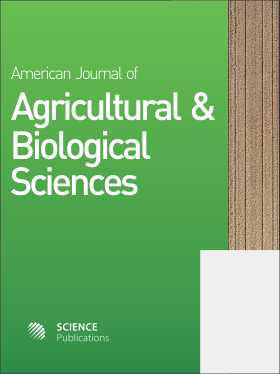Production of Xylitol from Agricultural Waste by Enzymatic Methods
- 1 Department of Nutrition, Dietetics and Food Sciences, Utah State University, 8700 Old Main Hill, Logan, UT, United States
- 2 General Company of Wheat Grain Processing, Wassi, Iraq
- 3 Department of Food Science, College of Agriculture, University of Baghdad, Baghdad, Iraq
Abstract
Enzyme catalyzed production of xylose from autoclaved and non-autoclaved wheat straw was conducted followed by bioconversion of xylose to xylitol using a Crude preparation of Xylose Reductase (CXR) from Candida guillermondii. Ground wheat straw (autoclaved and non autoclaved) was treated at 40 and 50°C for up to 9 h at pH 4.5 with various concentrations of xylanase (12.4 to 37.2 U) and the reactions were assayed for reducing sugars. Hydrolysis of autoclaved wheat straw at 50°C for 3 h with 24.8 U of xylanase at pH 4.5 resulted in the highest yield of xylose (9.8% of total xylose). Overall, the autoclave pre-treatment resulted in a 22% higher yield of reducing sugars compared to the non pre-treated samples. The xylose hydrolysed wheat straw was adjusted to pH 7 and the effects of temperature, pH, time and CXR concentration were investigated to determine optimum conditions for xylitol production with NADPH. The optimal conditions for the synthesis of xylitol were 30°C at pH 7 for 8 h with 7.92 U of CXR and 10 mM NADPH with 23.9 g xylose. This research shows that xylitol synthesis using only an enzymatic system is feasible.
DOI: https://doi.org/10.3844/ajabssp.2018.1.8

- 7,947 Views
- 6,351 Downloads
- 27 Citations
Download
Keywords
- Wheat Straw
- Xylanase
- Xylose
- Xylose Reductase
- Xylitol
